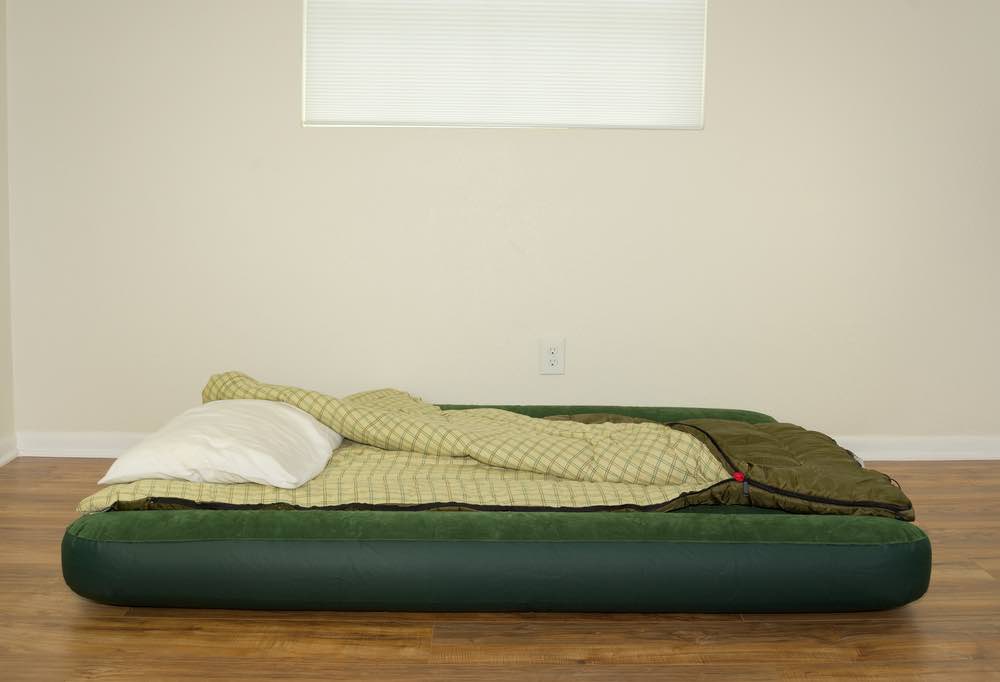Challenging the Odds: How Airbnb Embraced the Lean Startup Approach to Conquer the Hospitality World
In the thrilling business realm, where risks and rewards coexist, few success stories shine as brightly as Airbnb's. Behind its meteoric rise and transformation into a hospitality and travel industry giant lies a bold business strategy: the Lean Startup approach. Conceived by Eric Ries, this method aims to maximize learning through rapid construction of minimum viable products and constant iteration in response to market feedback. Let's explore how Airbnb successfully applied this approach to shape its journey to the top of the industry.
A Humble Beginning and a Bold Change of Course
The year was 2007, and Airbnb co-founders Brian Chesky and Joe Gebbia were struggling to find a solution to an economic problem: paying the rent for their apartment in San Francisco. With a design conference in the city filling all hotel rooms, they had a daring idea: turn their apartment into a space for attendees to stay. Thus, "Air Bed & Breakfast" was born—a rudimentary website allowing travelers to book air mattresses on their apartment floor.

This innovative concept was Airbnb's first attempt to create a minimum viable product. Although success was not instantaneous, Chesky and Gebbia seized the opportunity to learn and improve. They went to their first customers, listened to their feedback, and began iterating. Gradually, the air mattress on the floor evolved into full rooms and more sophisticated experiences.
Listening to Users and Adapting Quickly
One fundamental principle of the Lean Startup approach is continuous iteration based on market feedback. Airbnb embraced this principle fervently. In the early days, the founders sent personalized messages to each guest and host, seeking to understand their needs and challenges. This allowed them to constantly adjust their business model and platform based on real user feedback.
In 2010, Airbnb faced a critical turning point. During a conference in New York, the founders noticed that most hotels were full due to a large conference. They saw the opportunity and launched "Airbnb for conferences," where users could rent accommodations in local homes. This bold move not only generated a significant increase in bookings but also led Airbnb to understand the versatility and potential of its platform beyond traditional lodging offerings.
Building Trust Through User Experience
One of Airbnb's major challenges was building trust among users opening their homes to strangers. Using the Lean methodology, the company focused on improving the user experience to address this issue. They introduced high-quality photographs and detailed property descriptions, allowed users to share opinions and reviews, and established quality assurance policies.
Each step was based on continuous learning and feedback. The Airbnb team continued to observe how users interacted with the platform and adapted accordingly. Through this iterative process, trust in the Airbnb community grew, transforming home rentals through the platform into a widely accepted and popular practice worldwide.
The Lesson of Lean Approach in Airbnb's Success
The Airbnb story is a classic case of how the Lean Startup mindset and methodology can shape a startup and propel it to success. Through rapid construction, data-driven iteration, and continuous attention to user needs, Airbnb evolved from an air mattress on the floor to a global hospitality platform. Their story highlights how agility and adaptability can make a difference in the business world and how the Lean Startup approach can guide the way to success even in the most challenging circumstances.
